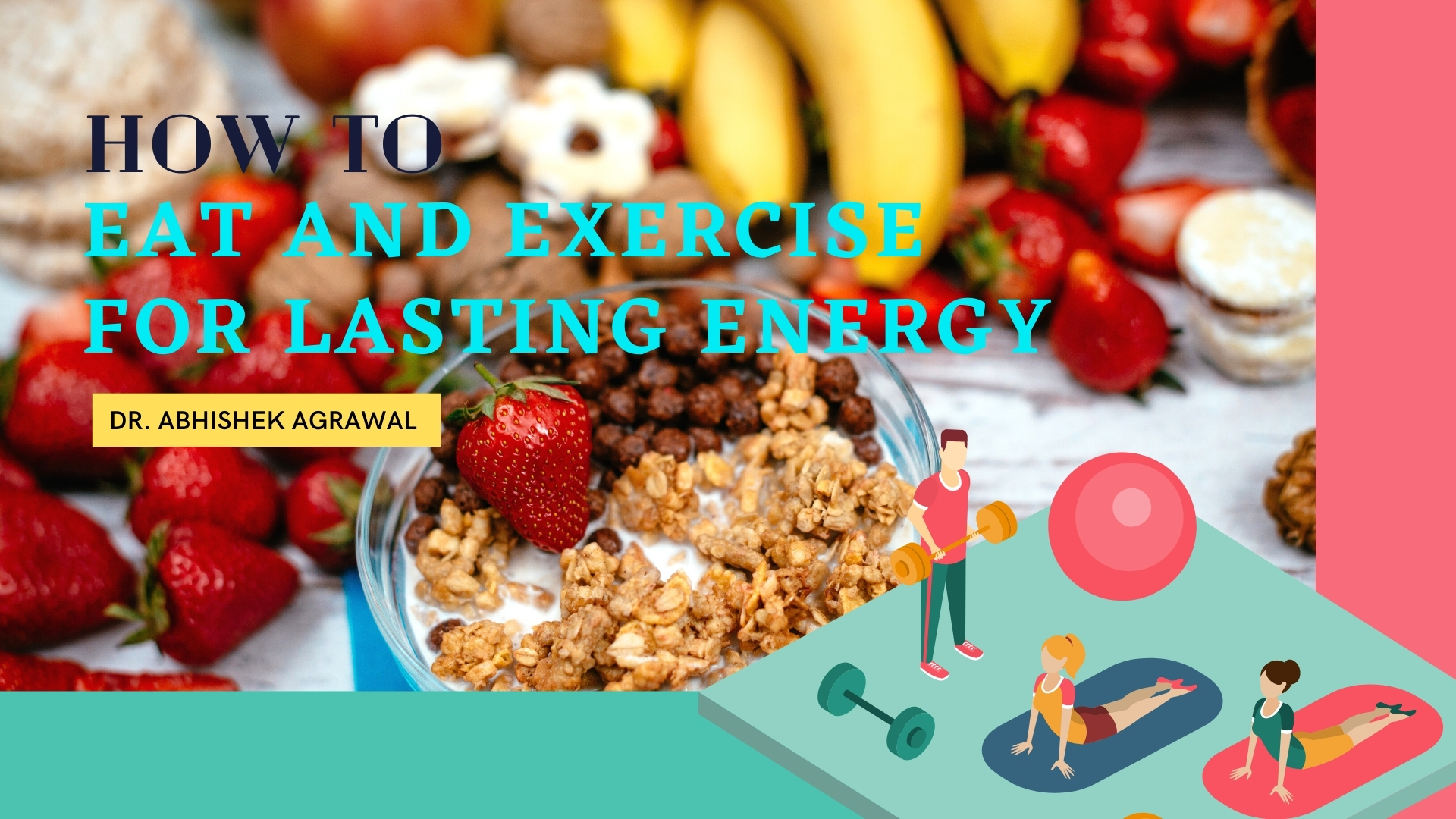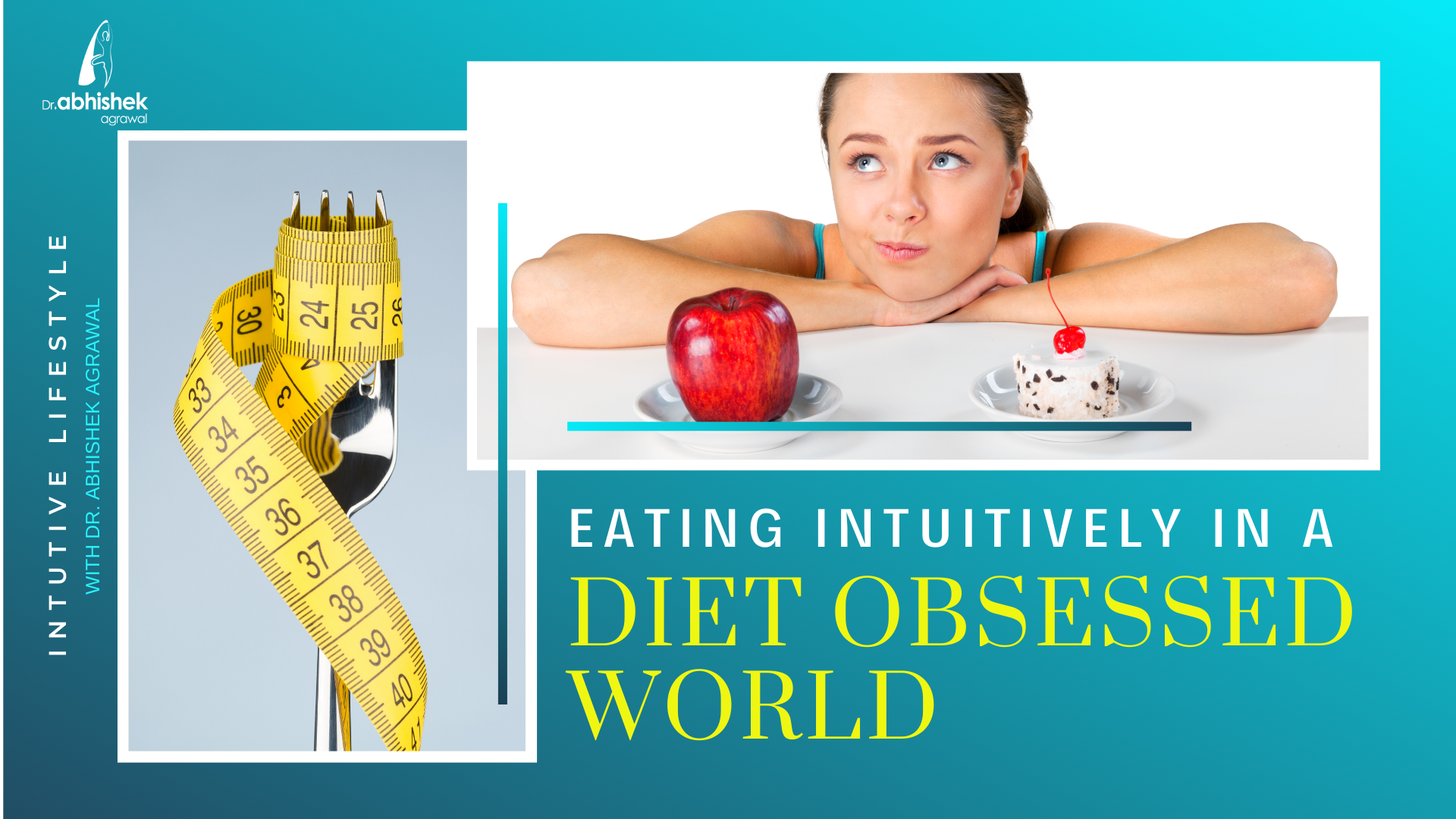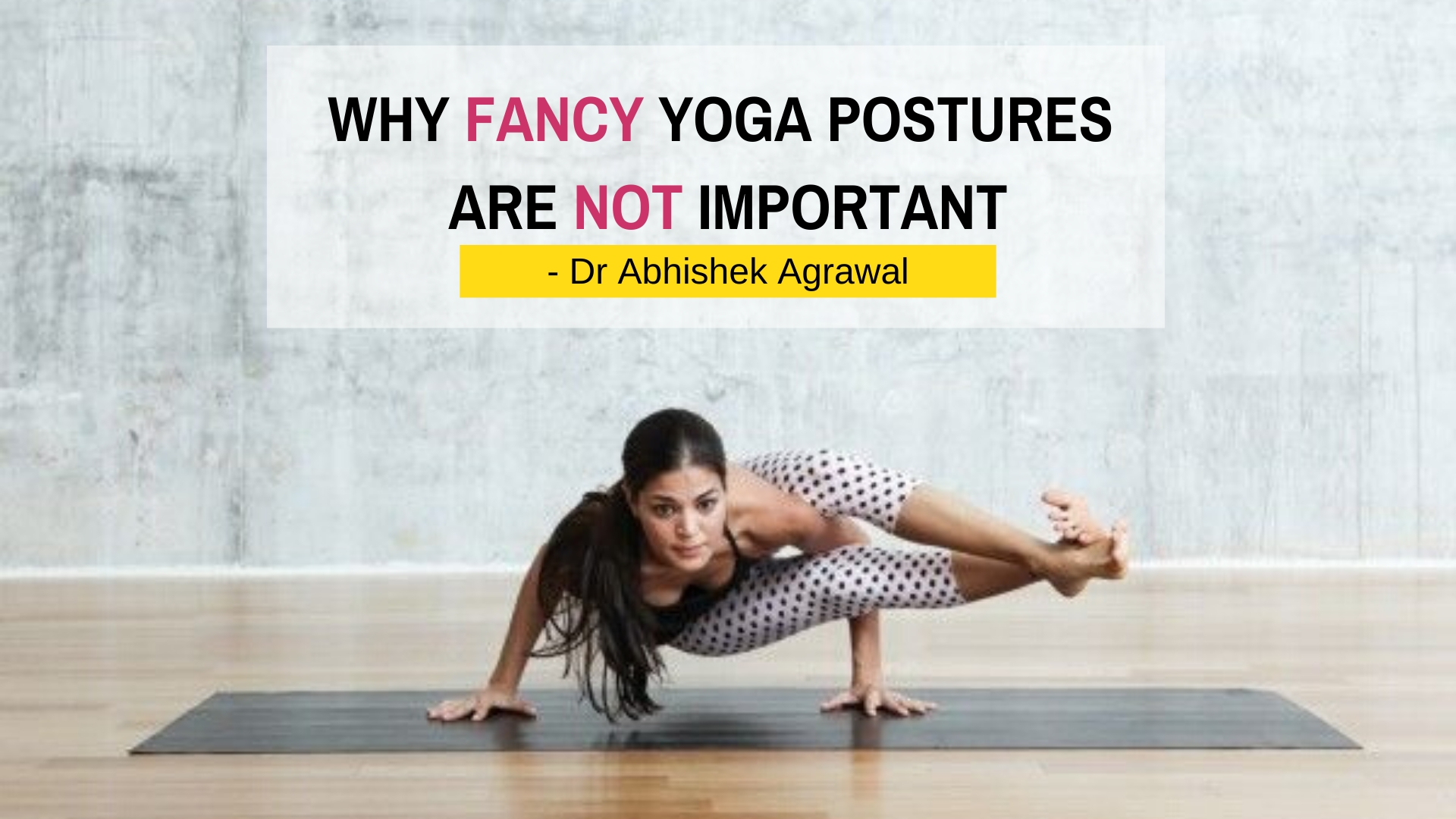Natural ways to cure silent inflammation and protect yourself from non-communicable diseases.
Continue readingBalancing Health From Within
Natural ways to cure silent inflammation and protect yourself from non-communicable diseases.
Continue readingThe Magic Bullet For Boosting Your Metabolism
How to Eat and Exercise for Lasting Energy
Why Yo-Yo Dieting Can Be Worse Than Obesity.
How Intuitive Eating Works?
9 Principles of Health and Longevity
The World Health Organization (WHO) defined health in its broader sense in its 1948 constitution as “a state of complete physical, mental, and social well-being and not merely the absence of disease or infirmity.”
You want to live a long and healthy life, full of beauty, love, and contentment, long enough to achieve your purpose in the world, to see your kids grow up and be happy, and to enjoy all the great experiences that life has to offer.

1. Get a lot of fresh AIR
The air we breathe plays an essential part in our health and functioning.
People often tend to forget about the importance of spending time outside and underestimate the health benefits of spending time outdoors.
Here is a list of important health benefits of fresh air:
- Fresh air is good for digestion.
- It improves your blood pressure and heart rate.
- It makes you happier.
- Strengthens your immune system.
- Fresh air cleans your lungs.
- You will have more energy and a sharper mind.
Enjoy time outdoors and get the maximum out of the health benefits of fresh air.
If you are spending most of your time inside the air-conditioned office or home, you are forcing your body to use stale air. By doing so you are making it harder for your body to stay healthy and fresh.
Long-term exposure to toxic or polluted air can compromise the health and functioning of the cells and organs of our body leading to increased susceptibility to infections and various forms of the disease.
Some long-term effects of polluted air include Lung cancer, heart disease, chronic respiratory disease, and even damage to parts of the brain, nerves, liver, or kidneys, etc.”

2. Drink ample amounts of WATER
Our body is made up of about 75% water. Every single cell is made up of water including the cells in our own body. Water is critical for the life and functioning of cells, tissues, and organs in our body. Water carries elements of life and has the ability to transmit and maintain them.
Consequently, thought processes, movements, nerve function, blood circulation, digestion, elimination of waste, etc., depend on water for their normal and effective functioning.
Did you know drinking water at different times of the day and before and after certain activities have a tremendous benefit to our Health.
Drinking plenty of water helps to:
- Maximize Physical Performance
- Positively affects Energy Levels and Brain Function
- Prevent and Treat Headaches
- Relieve Constipation
- Treat Kidney Stones
- Prevent Hangovers
- Reduce Body Fat

3. Get adequate amounts of SUNLIGHT
The Sun provides the basis for all life on earth. The body manufactures vitamin D after being exposed to sunlight. Vitamin D is critical for the body because it helps the body absorb calcium and also helps it keep the right amount of calcium and phosphorus in the blood.
Without a sufficient amount of vitamin D, bones can become thin, brittle, or even misshapen.

4. Eat WHOLE FOOD that has strong NUTRITIOUS values
Real food consists of fresh vegetables and fruits, unprocessed meats and seafood, and naturally-occurring starches and fats. What we eat plays a significant role in the functioning of our body, health, and well-being. Emphasize vegetables, and eat local or organic whenever possible. Eating food with little or no nutritious value can, over time, lower the effectiveness of the body’s defense system and compromise your physical and mental health.
Besides choosing healthier, whole foods it’s essential to learn how to consume less at each meal. Keep this in mind:
- Don’t serve meals family-style, with heaping plates and bowls of food on the dining table for everyone to help themselves. You’ll all consume about 14 percent less if you dish out everything at the counter and put the rest away.
- You can trick your mind and stomach by making food look bigger than it is; for example, cut back on the cheese and meat in a sandwich and load it up with lettuce, onions, tomatoes and other veggies.
- Find smaller plates and bowls to serve food in; the bigger the dish, the more we fill it (and then think we have to eat it all).
- Focus on your food, not the TV. Eat more slowly to give your body time to recognize the signs that you’re no longer feeling hungry.
- Avoid sugar, processed and packaged foods, which tend to lead to weight gain, cardio-metabolic issues, disposition toward diabetes, and declines in brain health and function.
- Eat vegetables daily, aiming for four to six servings (2 to 6 cups).
- Limit meat portions to no larger than the size of a deck of cards.
- Eat nuts, but watch the portion size; a 1-ounce serving can be 150–200 calories.

5. Get an adequate amount of SLEEP
Sleep plays a critical role in people’s physical as well as their mental health and functioning. Lack of sleep can compromise immune system effectiveness, which can lead to various forms of health problems. Some experts believe that lack of sleep can make the body become resistant to insulin, a hormone that helps carry glucose from the bloodstream to cells. Other problems resulting from lack of sleep include lack of mental clarity, memory problems, moody disposition, and higher stress level.

6. Be active and regularly perform physical MOVEMENTS
Staying active doesn’t necessarily mean just going to the gym a few times per week. It means making low-intensity physical activity a daily part of life, and little changes make a big difference.
Physical movement is fundamental to the human experience. Throughout history, humans have walked, run, lifted things, carried them over distances, and crafted natural resources to their own use (building shelters, making tools).
Some benefits of moving multiple times a day include reduced risk of developing diabetes, control of type II diabetes, reduce risk for high blood pressure, reduce level of current high blood pressure, control weight gain, build healthy and strong bones, muscles and joints, improve blood flow throughout the body, improves the body’s capacity to use calories, and reduces both mental and physical stress.
Be active without having to think about it.
Here is what you can do to be active:
- Get rid of handy helpers like the TV remote, the snowblower, the power lawnmower.
- Hand washes your car without a pressure washer.
- Plant a garden, it reduces stress and produces fresh, healthy vegetables.
- Walk to a colleague’s office rather than emailing or calling them.
- Conduct the meetings during walks.
Here is what you can do for better movements:
- Walk, maybe jog or sprint a little every day.
- Pick up the kids or groceries and lift them over your head.
- Dance, do whatever movement feels natural for you.
- The Yoga, Pilates and Tai Chi are the most effective mindful movements to keep all organ systems especially endocrine, nervous and lymphatic system responsive.
- Regular AEROBIC EXERCISE is beneficial in making your heart stronger and works more efficiently by reducing the amount of fat that can build up which can interfere with electrical impulses necessary for the proper functioning of the heart.

7. Stay connected with a COMMUNITY around you
Get together with friends, family, and people with shared interests face-to-face; stop hiding behind the internet. Humans need connection and social support and you are no different. Tribes and close-knit communities are what helped us survive. Make spending quality time with family and friends a priority. Those with regular positive social interaction, tend to live longer and happier across all cultures.

8. PLAY & LAUGH
Play not only helps us stay connected and relieves stress, but it also sparks learning, imagination, creativity, and problem-solving (source), so perhaps more play just might be the creative in-sight need to discover the fountain of youth.
Perhaps if you let yourself laugh, joke, roll, jump, hide and seek, you’d all be a little happier, a little less worried, and have more energy to live a little longer. Plus, the fun of play can oftentimes lead to laughter and laughter is the best medicine.
Try to see the humor in life, be able to roll with the punches, and flow with life ups and downs and you’re sure to live a long life. Too much or too frequent stress causes the body to age more quickly; it negatively impacts the endocrine system, the adrenals, and even the heart.

9. Experience GRATITUDE, PEACE, & CONTENTMENT
Whenever possible, feel gratitude in your body, let that be the foundation of contentment and you will be at peace. This is the counterpoint to striving too hard, being continually dissatisfied with your life, and looking outward for happiness because all of this creates added stress and lowers mood, which impacts the quality of life, the willingness to live, and since the mind influences the body, physical health is also compromised.
One quote that comes to mind is, “So many people spend their health gaining wealth, and then have to spend their wealth to regain their health” by A. J. Reb Materi.
Fortunately, to experience gratitude, peace, contentment, and the health and longevity it brings, you don’t have to spend money or time searching for it. These positive sentiments will see you through a happy life and their effects will ensure your body wants to live a long time in radiant health.
Observing these principles will have you eat right, maintain the community that nourishes your spirit, lift your mood, keep your brain sharp, and ensure your body is healthy to sustain yours for a long and vital life.
Leave a comment below and let us know what do you see as fundamental to a long and healthy life.
“Don’t seek, don’t search, don’t ask, don’t knock, don’t demand – relax. If you relax, it comes. If you relax, it is there. If you relax, you start vibrating with it.” – Osho
Why Fancy Yoga Postures Are Not Important
So it’s Monday evening and you are tired after a long day at work, but you just signed up for that cool Yoga class, so you drag yourself there. But after the warm-up and a few simple poses, the teacher asks everyone to do a handstand, a headstand or who knows what kind of crazy arm balance pose.
Everyone seems to go for it, so you try it as well. But you end up falling, diving into your nose or even injuring yourself. You were never good at arm balances, but you see everyone doing them on social media, claiming that they feel so amazing afterwards. But those complicated poses you see on Instagram are the results of years of practice and a life long journey of yoga. There are many factors involved in what poses someone can or cannot do, and they include age, occupation, body type, joints, range of motions, genetic tissue composition and the acquired postural habits.
And the truth is that head standing or arm balances don’t matter. None of the fancy looking postures are that important, and not a single posture will make a huge difference in your life or bring you closer to enlightenment. What’s more important is to do the poses suited for your level and experience, to stick to yoga on the long term and to gradually get better at it.
The History of Yoga
While yoga has been around for thousands of years, the truth is that these fancy poses are relatively new. The Yoga Sutras of Patanjali, a popular text from the second century does not mention any postures at all, except for seated meditation. The Hatha Yoga Pradipika, a book from the 14th century only includes 15 poses, which are quite basic.
The first texts with more complex yoga poses only appeared in the 1800s and become more popular in the mid-1900s. So they are new practices that were definitely not performed by our ancestors and the inventers of yoga. There are now hundreds of postures and new ones are invented regularly. Does this mean that you need to learn and master ALL the postures in order to reap the benefits of yoga? Definitely not!
What Should You Do Instead?
If you really want to do those fancy yoga poses, you simply need to be patient and to practice them a lot. Anyone can develop certain skills with the right training and persistence. But if you are a regular person that does yoga once or twice a week, then it’s more important to develop skills and mobility that can help you in the day to day life.
A responsive body with good reflexes and a good balance will help you to walk and to run better, to have a quicker response when slipping on ice or to avoid certain dangers and injuries. Having mobility will allow you to easily perform cleaning or gardening tasks and keep up with your children when playing with them. And the great part is that you only need a few yoga and Pilates postures in order to break free from pain and mobility limitations, and to live a better life.
Because of certain health issues and severe limitations, some people may not do any yoga poses at all. But they still can benefit from the meditation and the yoga philosophies & practices that make you calmer and more emotionally balanced. They can also make you love yourself more and love others as well, and least but not last they can help you discover your true self and accept who you are.
Many people have reached a state of wellbeing without ever being able to stand on their head or on their hands. Some have even become successful yoga teachers without being able to perform ALL of the crazy acrobatic yoga techniques.
Not being able to perform certain poses discourages a lot of people and they quit yoga altogether. But this should not happen. You should go there because it makes you feel better and you like it. You should not feel forced to do yoga just because it’s cool and looks good on social media. The yoga mat should become your best friend and you should really look forward to using it. Even if you don’t always get to the classes, you can take a few minutes at home (or even at the office), and just seat in silence, reflect and meditate. This can be more beneficial than going to a yoga class on a Monday evening and performing a head stand.
If it seems like fun and you feel like doing those poses, sure, go for it! But if it doesn’t feel right and only makes you feel uncomfortable and inadequate, just forget about it and focus on the poses that you CAN do. Sticking to yoga and Pilates on the long term is much more important than one single fancy pose.
In case you need a healthy diet approach, mindfulness coaching or Yoga & Pilates classes, the Abbysan Center is here to help. Contact us today!





